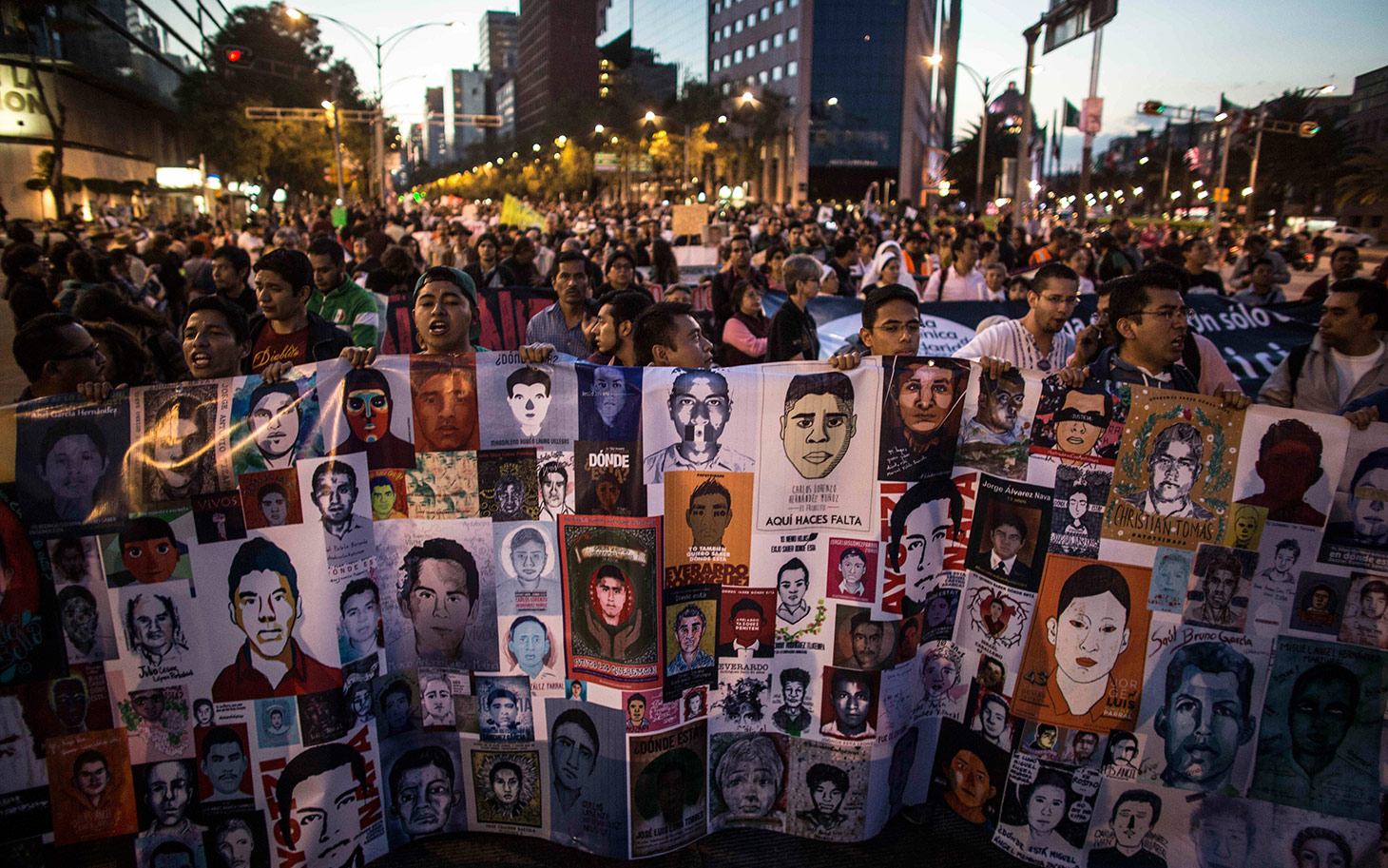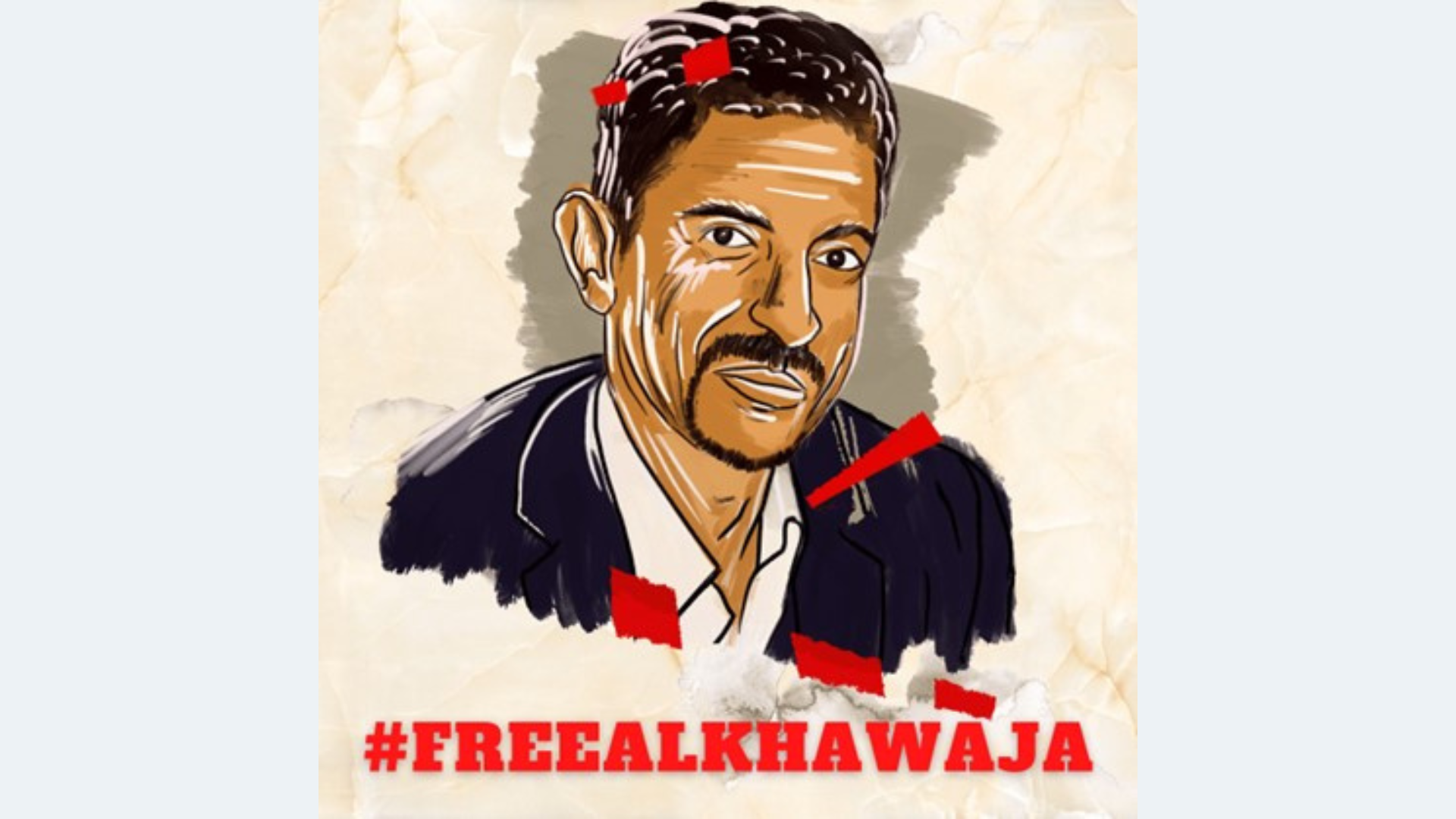A major new report co-authored by ISHR shows that human rights defenders in Mexico face worsening and often deadly risks, that the vast majority of attacks against defenders are not adequately investigated or remedied, and that greater political and financial commitment is necessary to make the Law on the Protection of Human Rights Defenders and Journalists in the country effective.
Read the new report, ‘In Defense of Life: Civil Society Observation Mission Report on the Situation of Human Rights Defenders in Mexico’, here!
Watch the video here!
(Geneva) – Members of an international civil society mission to Mexico presented their findings at a side event at the Human Rights Council yesterday. The Mission, aimed at assessing the degree of implementation and effectiveness of protection measures for human rights defenders, concluded that the situation of defenders remains grave and called on the Mexican State to step up their response to the protection of defenders.
ISHR formed part of the mission, which visited the States of Baja California, Guerrero, Oaxaca and the Federal District during its week of work, meeting with State officials, defenders and other stakeholders.
Members of the mission found the situation for human rights defenders in the States visited deeply concerning. The spectrum of violations against defenders includes murders, enforced disappearances, surveillance, criminalisation, and slander. Deep-seated, structural impunity facilitates and perpetuates these violations against defenders.
Enactment of human rights defender protection law must be followed by effective implementation
The 2012 Law for the Protection of Human Rights Defenders and Journalists created a protection mechanism and a framework for public institutions to work together to protect defenders, including units based in Mexico City required to assess and meet the protection needs of defenders at risk and to explore means to prevent violations. However, there are grave weaknesses in its implementation, with key bodies envisaged in the law still not operative, and the one focused on prevention only established last month. The Mission found a lack of coordination between federal and state bodies, as well a failure of relevant officials to take responsibility for the deficiencies of the system. Defenders testified that the protection mechanism is failing.
‘We heard from several defenders that when they pressed the panic buttons they had been provided with there was no response. In some cases defenders felt more vulnerable because they were led to expect a response that didn’t come,’ said ISHR’s Eleanor Openshaw who participated in the Civil Society Observation Mission and is a co-author of the report.
Rosario Figari Layus, another member of the Mission, spoke of a visit the Mission made to the Rural Normal School in Ayotzinapa. In September 2014, 43 students from the school were forcibly disappeared. A year later Miguel Angel Jimenez, a human rights defender working with the family members to demand investigation and accountability, was killed.
‘In a main avenue in Mexico City, people have put up plaques of all the names of those who have been disappeared; many date from well before the Ayotzinapa cases. This, and the discovery of many unknown mass graves found in the search for the students demonstrates that the enforced disappearances of the Ayotzinapa students are not isolated cases, but are indicative of a more general context where serious violations go unpunished,’ said Rosario Figari Layus.
Speaking on the panel at the launch of the report, Guillaume Michel of the Permanent Mission of Mexico responded to the criticisms of the implementation of the Law, noting that it is a new measure, both for Mexico and internationally, and as such will take some time to iron out any problems. He stressed that resources and properly trained staff were difficult to acquire and to coordinate, particularly given Mexico’s extremely decentralised governmental structure. He also underscored the need for improved education in human rights, particularly at the level of local government. However, he cited the improvement in the human rights situation Mexico has seen over the past 15 years, along with its cooperation with international mechanisms, as examples of a positive trend towards progress.
Also on the panel, ISHR’s Ben Leather highlighted the contexts in Mexico which have driven an increase in aggressions against defenders: the so-called ‘war on drugs’ and the implementation of an economic model that privileges major development projects without guaranteeing the free, prior and informed consent of affected communities.
He pointed out that, three years on from the protection mechanism’s creation, human rights defenders continue to be killed whilst local civil society organisations continue to identify the same obstacles to implementation. ‘There is no time’, he said. ‘Somebody at the highest levels of Government needs to get a grip on this and prioritise implementation of civil society’s recommendations. Mexico could be an example to the world on human rights defender protection, but a law unimplemented is a useless law, as least for Mexican society’.
Recommendations to the government of Mexico
The Mission made a series of recommendations regarding investigation, sanction and prevention of attacks to eradicate impunity against human rights defenders. These extend from strengthening the institutions that administer justice to ensure that they are responsive to the specific nature of violations against human rights defenders, through to establishing a database with disaggregated data that provides a basis for the design of measures to prevent attacks against defenders. Several recommendations home in on the nature of measures to protect human rights defenders at risk, including a strong call to ensure that officers in charge of protection are not drawn from the same security services that carry out intelligence and counter-intelligence activities for the State.
First and foremost, State officials at all levels must regularly publically acknowledge the vital role played by human rights defenders in democratic societies and in the promotion of peace and the rule of law.
The Civil Society Observation Mission called on the State to quickly institute the Unit for Prevention and Follow up, envisaged in the law, to root its response to the protection of defenders in a policy of prevention of attacks and eradication of impunity. This has since been instituted but requires strengthening.
The Mission members emphasised the importance of the Protection Mechanism dealing with cases as quickly as possible, and ensuring a defender’s immediate safety even as their longer term protection is being considered.
‘The lessons learnt from the Mexican experience show that a law to protect human rights defenders will only work if there is political will and accountability at all levels to ensure a coherent response and preventative action, and where enough staff are properly trained and resourced to ensure the mechanism can function appropriately,’ said ISHR’s Ben Leather.
Organisations convening, accompanying and participating in the Mission included: The Mexican Commission for the Defense and Promotion of Human Rights (CMDPDH), Peace Brigades International – Mexico Project (PBI México) y Conexx – Europe, with the support of Amnesty International Mexico, Just Associates (JASS), the International Service for Human Rights (ISHR); Front Line Defenders, Protection International (PI), the Robert F. Kennedy Center for Justice and Human Rights (RFK Center), the Observatory for the Protection of Human Rights Defenders (OMCT/ FIDH), and the German Coordinating Committee for Human Rights in Mexico.
This article can be found in Spanish here.
Download as PDF




